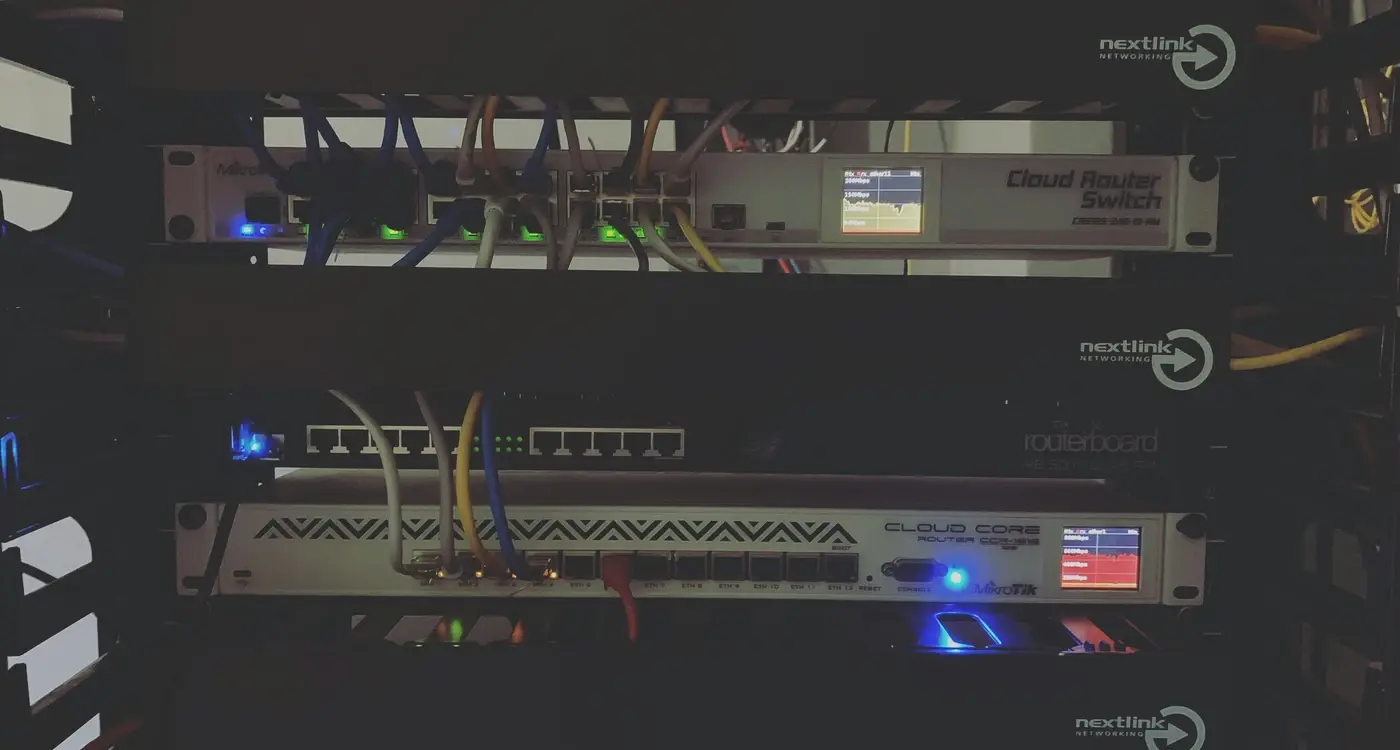Small Business Mobile Apps Investment Or Waste Of Money
Every day, thousands of small business owners across the UK are asking the same question: should I build a mobile app for my business? It's a decision that could either transform their company or drain their bank account. The statistics are sobering—whilst some small business mobile apps generate impressive returns, others become expensive digital paperweights that nobody downloads or uses.
The mobile app market has exploded over the past decade, and small businesses are constantly being told they need an app to stay competitive. Marketing agencies promise increased customer engagement, higher sales, and brand loyalty. But here's what they don't always mention: building and maintaining an app isn't cheap, and success is far from guaranteed.
The difference between a successful small business app and a failed one often comes down to understanding whether you actually need one in the first place
This isn't about discouraging innovation or digital growth—quite the opposite. It's about making smart, informed decisions with your hard-earned money. Some businesses genuinely benefit from having their own app; others would be better off investing their resources elsewhere. The key is knowing which category your business falls into before you write that first cheque to a development agency.
What Are Small Business Mobile Apps Really?
Let's get one thing straight—small business mobile apps aren't just scaled-down versions of Instagram or Uber. They're purpose-built tools designed to solve specific problems for local businesses and their customers. Think of your local coffee shop that lets you order ahead, or the gym that tracks your membership and class bookings. These apps typically focus on one or two core functions rather than trying to be everything to everyone.
Most small business apps fall into a few categories: customer loyalty programmes, appointment booking systems, ordering platforms, or simple service apps. They're not trying to change the world; they're trying to make life easier for both the business owner and their customers. The best ones remove friction from everyday interactions—like skipping the queue or remembering your usual order.
Here's what many business owners don't realise: a small business app doesn't need thousands of features to be successful. In fact, the opposite is usually true. The most effective ones do one thing really well. They solve a genuine problem that both you and your customers face regularly. If you can't clearly explain what problem your app solves in one sentence, you might not be ready for app development just yet.
The Real Costs Behind Building Your App
Let's be honest about what you're looking at money-wise. A basic small business mobile app starts around £10,000—and that's if you keep things really simple. Most SME app investments I see land somewhere between £15,000 and £50,000 for something decent. Want both iOS and Android? Double it. Need fancy features like payment processing, user accounts, or real-time updates? Add another £10,000 to £20,000.
But here's what catches most business owners off guard—the ongoing costs. Your app isn't a website you can just leave alone. Apple and Google update their systems constantly, which means your app needs regular maintenance. Budget at least £200-500 monthly for basic upkeep. Then there's hosting, which can run £50-200 monthly depending on how many users you have.
The Hidden Monthly Expenses
App store fees (£79 yearly for Apple, £20 one-time for Google), push notification services, analytics tools, and security updates all add up. Many small businesses forget about marketing costs too—building the app is just the start. Getting people to download and use it? That's where the real challenge begins.
Get a detailed breakdown of ongoing costs before you start. Many agencies focus on the build price but gloss over the monthly expenses that can really hurt your small business app ROI.
When Mobile Apps Actually Pay Off For Small Businesses
Right, let's get to the good stuff—when does spending money on a mobile app actually make sense for small businesses? After working with hundreds of small business owners over the years, I've noticed some clear patterns about who succeeds and who doesn't.
You Have Repeat Customers Who Visit Often
If your customers come back weekly or monthly, an app can work brilliantly. Think coffee shops, gyms, or local delivery services. These businesses benefit from loyalty programmes, booking systems, and push notifications that remind customers to return. A bakery I worked with saw their regular customer visits increase by 30% after launching their app with a simple stamp card feature.
Your Business Needs Bookings or Orders
Apps shine when they solve real problems for your customers. Restaurants that take orders, salons that book appointments, or tradespeople who schedule jobs—these all work well because the app saves time for both you and your customers. One plumber told me his app paid for itself within six months just from the reduction in phone calls and double bookings.
The key thing to remember? Your app needs to make life easier, not just exist for the sake of it. If you can't explain in one sentence why someone would download and use your app regularly, you probably shouldn't build one yet.
The Hidden Risks That Could Sink Your Investment
I've watched plenty of small business mobile apps fail spectacularly over the years—not because they were poorly built, but because nobody thought about the ongoing challenges. The biggest risk? Maintenance costs that creep up on you like weeds in your garden. Your app needs regular updates for new phone operating systems, security patches, and bug fixes. What starts as a £10,000 investment can easily turn into £3,000-5,000 annually just to keep things running smoothly.
User Adoption Problems
Then there's the brutal reality of getting people to actually download and use your app. Most small business apps struggle to get more than a few hundred downloads—if they're lucky. Your customers already have dozens of apps on their phones; convincing them to add yours is harder than you think. Without a solid marketing budget and strategy, your beautiful new app might sit unnoticed in the app stores.
The graveyard of failed small business apps is filled with great ideas that nobody knew existed
Technology Changes Fast
Technology moves at breakneck speed, and what works today might be obsolete in two years. I've seen businesses invest heavily in apps only to discover their chosen platform or features are no longer supported. The SME app investment landscape is littered with projects that became too expensive to maintain or upgrade, leaving business owners with a costly digital paperweight instead of the profit-generating tool they expected.
Smart Alternatives To Full Custom App Development
Before you jump straight into building a completely custom app from scratch, let me share some alternatives that might save you thousands of pounds—and a lot of sleepless nights. I've seen too many small business owners think custom development is their only option when there are actually several routes that can get you 80% of the results for 20% of the cost.
No-Code and Low-Code Platforms
Platforms like Bubble, Glide, or Adalo let you build functional apps without writing a single line of code. Yes, they have limitations, but for many small businesses they're absolutely perfect. You can create booking systems, customer portals, or simple e-commerce apps in weeks rather than months. The catch? You're somewhat limited in terms of customisation and you'll pay monthly fees—but that's often much cheaper than hiring developers.
Progressive Web Apps (PWAs)
Here's something most people don't consider: progressive web apps. They look and feel like native apps but they're actually websites that can be installed on phones. They work offline, send push notifications, and cost a fraction of native app development. For small businesses, PWAs often tick all the right boxes without the hefty price tag or app store approval process.
How To Calculate If An App Makes Financial Sense
Right, let's get down to the numbers—because that's what really matters when you're making business decisions. I've worked with countless small businesses over the years, and the ones that succeed with apps are those who do their homework first. The calculation isn't rocket science, but it does require some honest thinking about your business.
Start with your expected revenue increase. Will the app bring in new customers? Help you sell more to existing ones? Maybe it'll save you money by reducing staff time or phone calls. Put a realistic monthly figure on these benefits. Then subtract your ongoing costs—app store fees, hosting, updates, and maintenance. Don't forget the initial development cost needs to be recovered too.
Key Numbers to Track
- Monthly revenue increase from new customers
- Additional sales to existing customers
- Cost savings (reduced phone calls, staff time)
- Monthly running costs (hosting, updates, store fees)
- Time to break even on initial investment
If your app can't pay for itself within 12-18 months, it's probably not worth the investment for most small businesses.
The magic happens when your monthly benefits consistently exceed your monthly costs. That's your profit point. If the numbers don't add up on paper, they won't add up in real life either.
Conclusion
So there you have it—the honest truth about small business mobile apps. They're not automatically a goldmine, but they're not always money down the drain either. The key is knowing which camp your business falls into before you spend a penny.
I've watched too many small business owners jump into app development because they thought they "should" have one, only to end up with something that sits unused on app stores. But I've also seen clever business owners use apps to completely transform how they serve their customers and boost their bottom line. The difference? They did their homework first.
Your app decision should come down to cold, hard numbers and real customer needs—not wishful thinking or keeping up with competitors. Run the calculations we've covered, be brutally honest about your capacity to maintain an app long-term, and don't ignore those cheaper alternatives that might do the job just as well.
If the maths adds up and you've got a genuine problem to solve for your customers, then yes, an app could be a brilliant investment. If not, you're probably better off putting that money towards something that will actually move the needle for your business. Trust me, your bank balance will thank you for taking the time to figure out which one applies to you.
Share this
Subscribe To Our Blog
You May Also Like
These Related Stories

The Hidden Costs Of Mobile App Development Most Businesses Miss

The Real ROI of Mobile Apps for Different Business Types





